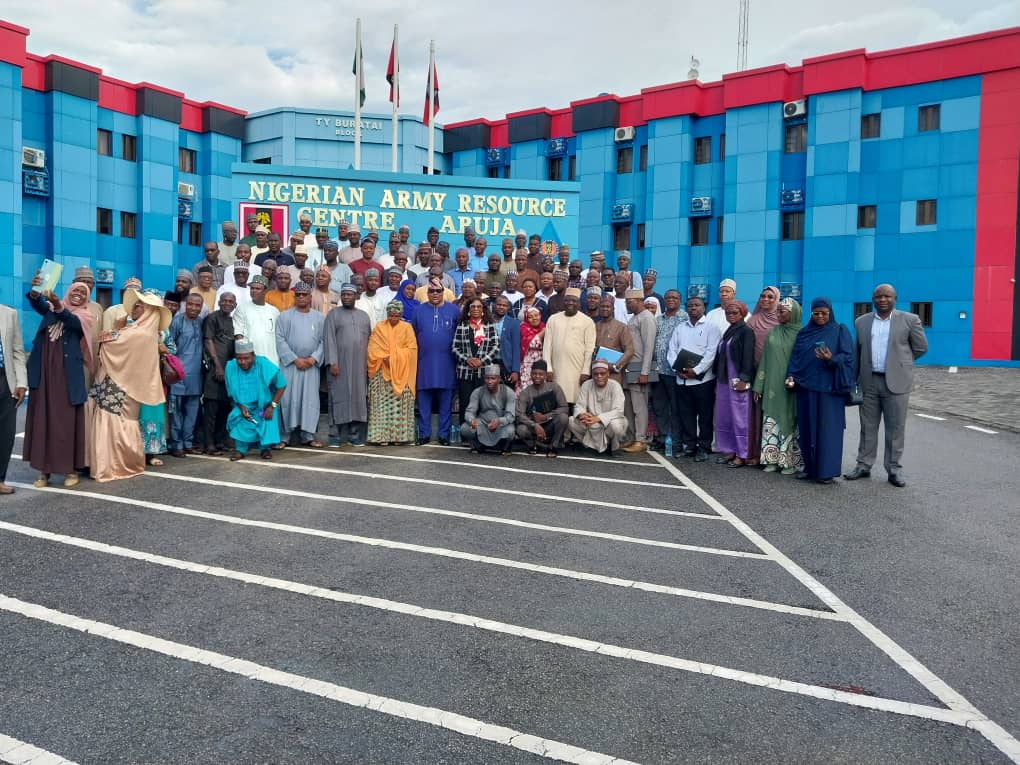Communities across Nigeria are being denied their basic rights to development by universities that occupy vast acres of land that could otherwise be used for agriculture and other local economic activities.
Despite having access to rich natural resources, these lands often lie underutilized, while local youth face unemployment due to limited educational opportunities, pushing them into poorly paid jobs.
While universities are meant to focus on teaching, research, and community outreach, many Nigerian institutions fall short of these goals, exacerbating the country’s poverty and insecurity ratio.
In the 1960s, primary, secondary, and tertiary education in Nigeria integrated practical skills like agriculture into their curricula, preparing students for self-reliant futures without the need for white-collar jobs.
However, these practices have gradually disappeared, leaving a significant gap between academic institutions and their surrounding communities.
To address these challenges, the Tertiary Education Trust Fund (TETFUND) recently organized a four-day training program for over 100 university professors aimed at bridging the disconnect between universities and local communities.
An initiative that seeks to foster local economic growth and sustainable development by reintroducing skill-based education and encouraging universities to play a more active role in community engagement.
Speaking at the opening ceremony in Abuja, TETFUND’s Executive Secretary, represented by Dr. Salutu Bakari, emphasized the significant economic losses caused by the underutilization of university resources, particularly in agriculture, a field that produces the highest number of professors in the country.
He, therefore, called for a return to a system that produces skilled and talented youths capable of driving both local and international economies.
Earlier at the event, Professor May Nwoye, Dean of Nile University and a facilitator of the program stressed that Nigerian universities must actively engage with their local communities to promote economic growth, wealth creation, and job opportunities for the younger generation.
She noted that the global success stories on local economic development could play a pivotal role for Nigerian universities to leverage to stimulate resources through local industries and manufacturing.
“Universities in Nigeria need to step up and become catalysts for economic growth within their communities,” Nwoye stated.
“By applying frameworks of local economic development, universities can create innovative solutions, add value, and significantly contribute to community growth.”
Also, Professor Olusiji Aina hinted that integrating entrepreneurial thinking into university curricula and community outreach initiatives is crucial to drive the economic growth needed in the country.
And called for state-based partnerships that connect universities, businesses, and communities in meaningful ways to better prepare graduates for real-world challenges.
“Our universities have failed to instill an entrepreneurial mindset in students,” Aina lamented. “We need to rethink our approach to economic development and equip students with practical skills from an early age. Universities should play a critical role in reducing poverty and inequality by fostering sustainable development and environmentally friendly practices.”
Other speakers, including Professor Muinati Bello of the University of Maiduguri and Dr. Tope Toogun, added that universities must adopt early intervention strategies to tackle the root causes of inequality.
They stress the importance of learning from global best practices while adapting to local contexts to build a prosperous and sustainable future.
Experts are calling on Nigerian universities to bridge the gap with their communities and become drivers of local growth.
They are optimistic that by embracing community-driven development, universities can unlock untapped potential, reduce inequality, and create a brighter future for all.

